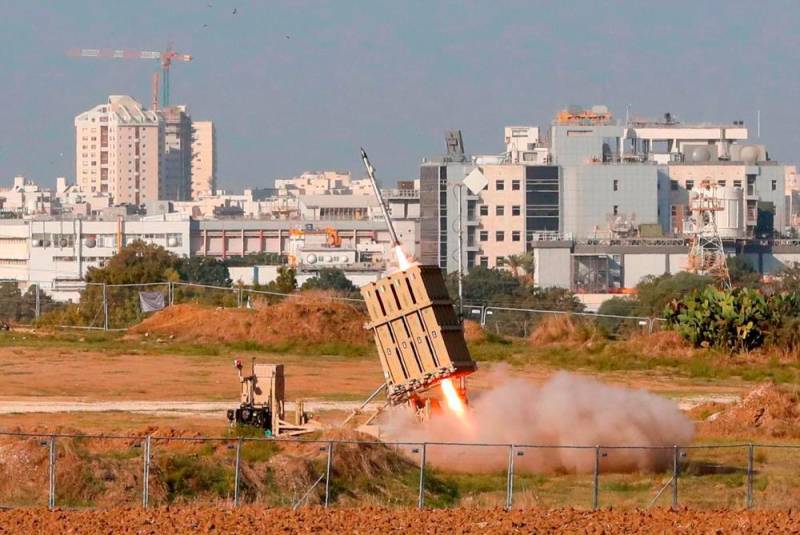Germany mulling Israeli anti-missile shield purchase

Stay tuned with 24 News HD Android App

Germany is looking at buying an Israeli anti-missile shield system that could also offer protective cover for neighbouring EU states, Chancellor Olaf Scholz said Sunday.
"I can reveal to you that that is certainly among the things that we are discussing, and for good reasons," Scholz told state television channel ARD.
The chancellor's comments confirmed earlier statements from German parliamentary sources earlier Sunday.
"We must better protect ourselves against the Russian threat," Andreas Schwarz of the SPD, who sits on the parliamentary budget committee, told Bild daily. "To do that, we need quickly an anti-missile shield for Germany.
"The Israeli Arrow 3 system is a good solution," he added, referring to the long-range missile deterrence weapon.
According to Bild, the system, which costs two billion euros ($2.2 billion), could be operational from 2025.
The corresponding radar system would be installed in three sites in Germany, and their monitoring data then transmitted to a central site where soldiers would be watching for threats 24/7.
If a rocket attack is uncovered, an Arrow 3 would be sent up to intercept the missile in space, destroying it there.
The radar system is so powerful it can provide cover for Poland, Romania and the Baltic nations, said Bild.
"We can put the 'Iron Dome' over our neighbouring countries. We would then play a key role for the security of Europe," said Schwarz.
Marie-Agnes Strack-Zimmermann, who chairs the parliamentary defence committee, confirmed that Berlin was mulling the purchase.
"Given the threat situation and the different weapons systems that Russia has, of course you have to look at that, so in that sense it makes sense," she told Welt newspaper.
After years of under-investment in defence, Germany has announced a dramatic U-turn, shaken by Russia's assault on its neighbour.
Scholz on February 27 in a landmark speech said Germany would earmark a special budget of 100 billion euros to bolster its defence capabilities.
He also said Berlin would spend more than two percent of its output a year on defence, outstripping NATO's target of two percent which Germany has consistently failed to meet.
